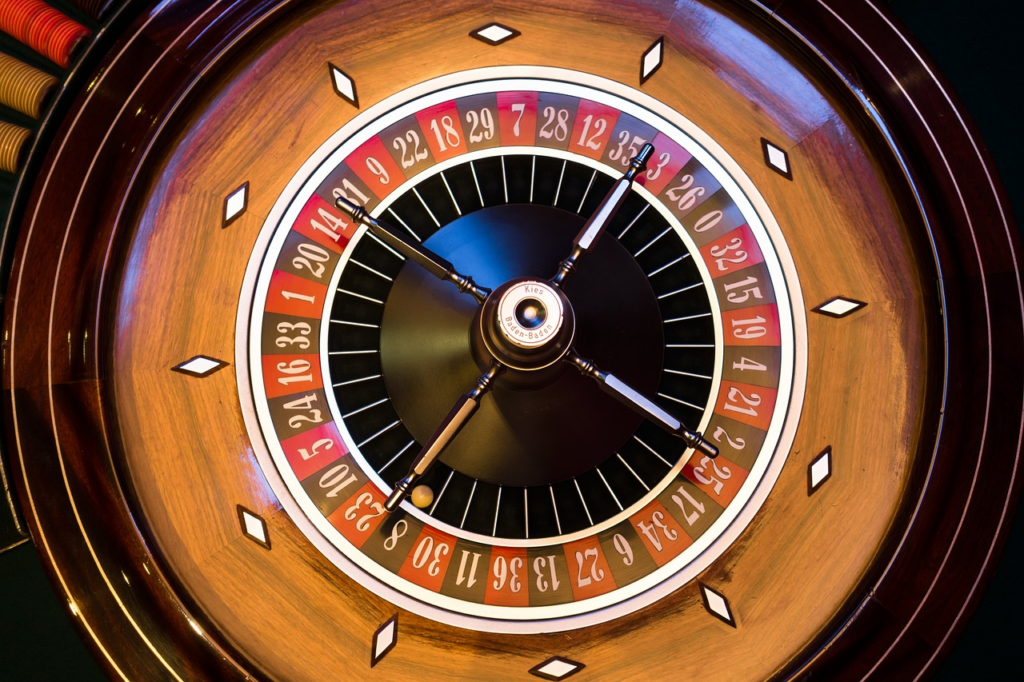Roulette’s allure is undeniable. It has been always shrouded in intrigue and mystery. I remember the times I thought I could predict the next spin or beat the house edge with a clever system, hah. And that’s no surprise, actually, since when it comes to online gambling, misinformation runs rampant. I was lucky to encounter Plinko casino, which offers multiple roulette options to play. I played there and researched and played there again. Therefore, let my experience now set the record straight for you.
Myth 1: Roulette Wheels Are Rigged
| Aspect | Details |
| Description of the Myth | A belief that roulette wheels are biased to cheat players |
| Reality | Modern wheels and RNGs are designed for fairness |
| Supporting Evidence | Regulations, testing, and RNG audits ensure randomness and transparency |
The belief that online casinos intentionally bias roulette wheels to swindle players is a relic of outdated thinking. Today, we’ve got advanced technology and stringent regulations. Hence, the integrity of roulette is under constant scrutiny.
Modern roulette wheels are meticulously engineered for fairness. Every wheel is subjected to rigorous testing. That, in turn, aims to ensure that each spin is as random as the next.
Online casinos, on the other hand, are bound by strict regulations. They mandate transparency and fairness, enforced by gaming commissions and independent auditing bodies. For online play, Random Number Generators (RNGs) are the backbone of fairness. These algorithms are regularly audited by third-party firms. It means the guarantee of producing random and unbiased outcomes.
I understand that the myth of rigged wheels might feed into the narrative of the ‘unlucky player.’ But the reality is that modern roulette is engineered for integrity, transparency, and fair play.
Myth 2: The Martingale System Guarantees Wins
| Aspect | Details |
| Description of the Myth | Doubling bets after losses guarantees eventual wins |
| Reality | Risks include hitting table limits and massive losses |
| Supporting Evidence | Betting limits and the house edge undermine this system’s effectiveness |
The premise is deceptively simple. You must double your bet after every loss. And when you finally win, you’ll recover all your previous losses plus a profit. Sounds like a foolproof plan, right?
Well, in fact, the Martingale system is a classic case of overconfidence crashing into harsh reality. In practice, this strategy can lead to catastrophic losses. The exponential increase in bet size after each loss can quickly hit table limits or drain your bankroll.

This is compounded by the house edge. Mathematically, the risk of encountering a long losing streak is more significant than most players realize. Believe me, no betting system can completely overcome the built-in house edge.
Myth 3: Hot and Cold Numbers Influence Outcomes
| Aspect | Details |
| Description of the Myth | A belief that some numbers are “hot” or “cold” and influence future spins |
| Reality | Each spin is random and independent |
| Supporting Evidence | RNG and probability theory affirm equal chances for all numbers |
The notion of “hot” and “cold” numbers in roulette is a beguiling illusion. Some folks swear by tracking these so-called patterns. They do so being convinced that past outcomes can predict future results. But, in reality, roulette is a game of pure randomness.
Thanks to the randomness driven by the sophisticated RNG and the mechanical precision of physical roulette wheels, the outcome of one spin doesn’t influence the next. And it can not. By default! Every number has an equal shot every time the wheel spins.

No number is “due” for a win or locked in a cold streak. The idea of hot and cold numbers is a classic case of gambler’s fallacy, I’m sorry.
Myth 4: Roulette Is a Game of Skill
| Aspect | Details |
| Description of the Myth | Skill can influence the outcome of roulette spins |
| Reality | Roulette is purely a game of chance |
| Supporting Evidence | Outcomes are determined by random factors, not player skill |
Some players believe that strategies and techniques can tilt the odds in their favor. Well, I’d like to say it once again: roulette is pure chance. Whether you like it or not, skill doesn’t enter into the equation.
Unlike skill-based games like poker or blackjack, roulette relies entirely on the spin of a wheel and the drop of a ball. The outcome of each spin is determined by random factors. And it’s certainly unaffected by past results or player decisions. The ball lands where it will. And it will do so irrespective of how many times you’ve spun or how many strategies you’ve tried.
